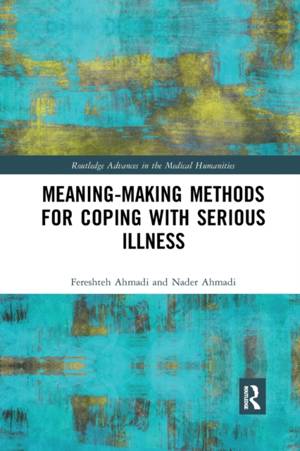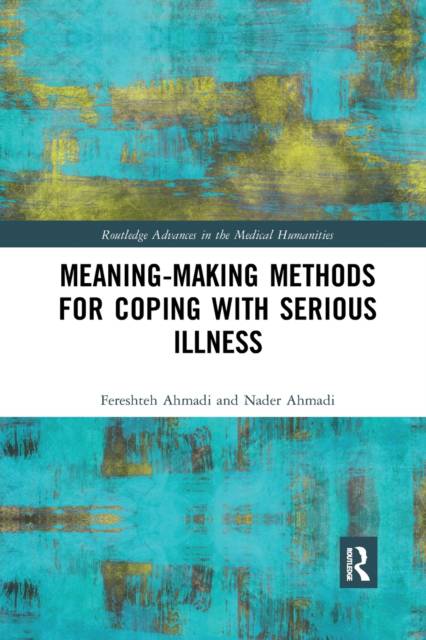
- Afhalen na 1 uur in een winkel met voorraad
- Gratis thuislevering in België vanaf € 30
- Ruim aanbod met 7 miljoen producten
- Afhalen na 1 uur in een winkel met voorraad
- Gratis thuislevering in België vanaf € 30
- Ruim aanbod met 7 miljoen producten
Omschrijving
This book provides an alternative, complementary approach to the existing conventional approaches to religious and spiritually oriented coping. By focusing on the role of culture, the authors take into account the methods employed by a vast number of people who do not directly identify themselves as religious. The empirical data used in this book derive from studies conducted in several countries; Sweden, China, South Korea, Turkey and Malaysia, across which religion plays a different role in the social and cultural life of individuals. This approach and these empirical data are unique and allow comparisons to be made between different cultural settings.
By introducing the concept of meaning-making coping, the authors explore the influence of culture on choice of coping methods, be they purely religious, spiritual or existential. The term "existential meaning-making coping" is used to describe coping methods that are related to existential questions; these methods include religious, spiritual and existential coping methods.
Meaning-making Methods for Coping with Serious Illness contributes to new approaches and theoretical models of coping. As such it is an invaluable resource for health care, medical, public health and sociology students and researchers. It will also be of interest to educators and policy-makers working in the area of health.
Specificaties
Betrokkenen
- Auteur(s):
- Uitgeverij:
Inhoud
- Aantal bladzijden:
- 148
- Taal:
- Engels
- Reeks:
Eigenschappen
- Productcode (EAN):
- 9780367589769
- Verschijningsdatum:
- 14/08/2020
- Uitvoering:
- Paperback
- Formaat:
- Trade paperback (VS)
- Afmetingen:
- 155 mm x 231 mm
- Gewicht:
- 340 g

Alleen bij Standaard Boekhandel
Beoordelingen
We publiceren alleen reviews die voldoen aan de voorwaarden voor reviews. Bekijk onze voorwaarden voor reviews.











